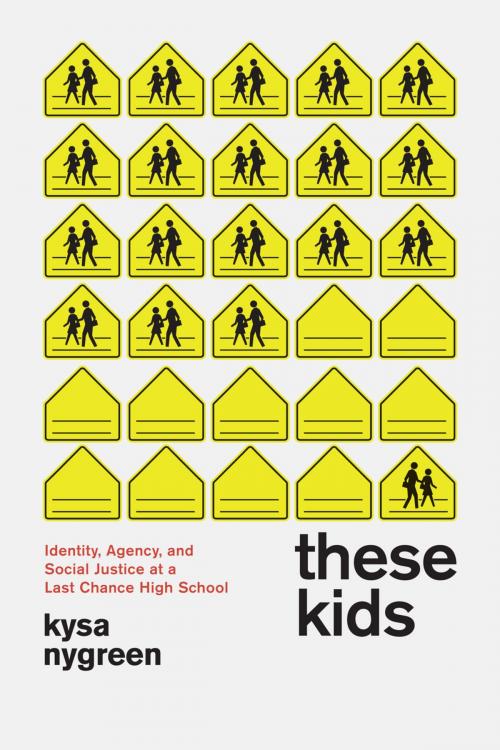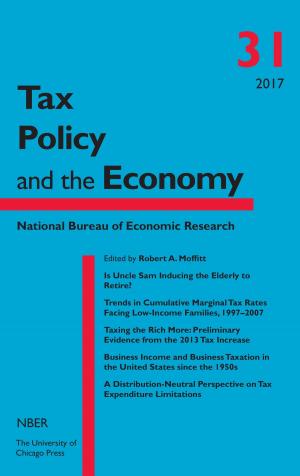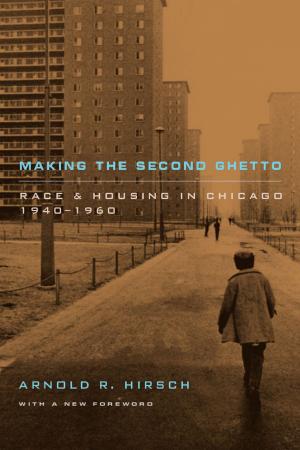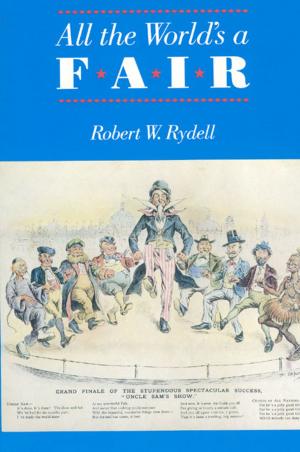These Kids
Identity, Agency, and Social Justice at a Last Chance High School
Nonfiction, Reference & Language, Education & Teaching, Secondary Education, Educational Theory, Educational Reform| Author: | Kysa Nygreen | ISBN: | 9780226031736 |
| Publisher: | University of Chicago Press | Publication: | May 7, 2013 |
| Imprint: | University of Chicago Press | Language: | English |
| Author: | Kysa Nygreen |
| ISBN: | 9780226031736 |
| Publisher: | University of Chicago Press |
| Publication: | May 7, 2013 |
| Imprint: | University of Chicago Press |
| Language: | English |
Few would deny that getting ahead is a legitimate goal of learning, but the phrase implies a cruel hierarchy: a student does not simply get ahead, but gets ahead of others. In These Kids, Kysa Nygreen turns a critical eye on this paradox. Offering the voices and viewpoints of students at a “last chance” high school in California, she tells the story of students who have, in fact, been left behind.
Detailing a youth-led participatory action research project that she coordinated, Nygreen uncovers deep barriers to educational success that are embedded within educational discourse itself. Struggling students internalize descriptions of themselves as “at risk,” “low achieving,” or “troubled”—and by adopting the very language of educators, they also adopt its constraints and presumption of failure. Showing how current educational discourse does not, ultimately, provide an adequate vision of change for students at the bottom of the educational hierarchy, she levies a powerful argument that social justice in education is impossible today precisely because of how we talk about it.
Few would deny that getting ahead is a legitimate goal of learning, but the phrase implies a cruel hierarchy: a student does not simply get ahead, but gets ahead of others. In These Kids, Kysa Nygreen turns a critical eye on this paradox. Offering the voices and viewpoints of students at a “last chance” high school in California, she tells the story of students who have, in fact, been left behind.
Detailing a youth-led participatory action research project that she coordinated, Nygreen uncovers deep barriers to educational success that are embedded within educational discourse itself. Struggling students internalize descriptions of themselves as “at risk,” “low achieving,” or “troubled”—and by adopting the very language of educators, they also adopt its constraints and presumption of failure. Showing how current educational discourse does not, ultimately, provide an adequate vision of change for students at the bottom of the educational hierarchy, she levies a powerful argument that social justice in education is impossible today precisely because of how we talk about it.















